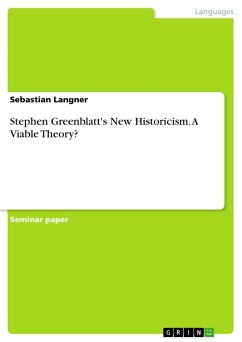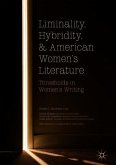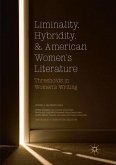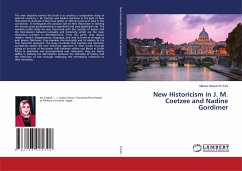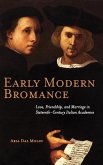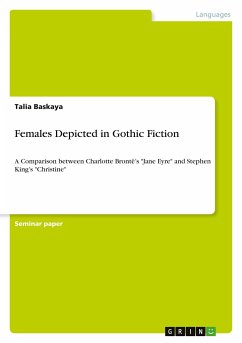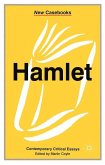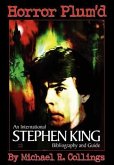Seminar paper from the year 2011 in the subject Literature - Comparative Literature, grade: 1,0, University of Constance, course: Kulturkontakte: Theorien in den Geschichts- und Literaturwissenschaften, language: English, abstract: By the 1990s, New Historicism and its main progenitor Stephen Greenblatt rose to the attention of scholars worldwide, and it is now a widely accepted theory.If one can speak of a theory, since New Historicism has often been accused of lacking a distinct theoretical program. However, this did not remain the sole critical reproach New Historicism had to deal with. As with many a radically new idea, the approach provoked discontent as well. Inaccuracy and "armchair historicism" were among the accusations New Historicism had to cope with. Nevertheless, its popularity increased, and it is well nigh impossible to imagine literary studies today without it.Despite its importance and popularity, the New Historicism has to this day successfully refused to be thoroughly theorized and classified, to be forced into a strict set of rules. It therefore remains a difficult task to label anything truly "New Historicist", as even New Historicists themselves are reluctant to give a subsumable definition of the concept.The principal question of this thesis: Is New Historicism a viable theory after all? Despite the international acclaim it has earned, does it keep its promises? Has it revolutionized modern literary studies?

